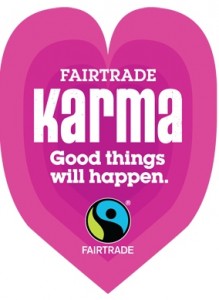The Fair-Trade Paradox
Purchasing a fair-trade coffee carries an impression of superior quality alongside the feel-good idea of supporting a sustainable and ethical cause. It has become a trend to purchase distinguishable products that boast ethically sourced, fair-trade, or organic amongst the isles of specialty food stores. Is this only a matter of consumer conscious? In selecting such products, it is questionable how consumers are educated regarding their purchasing decision. Though I believe it is wonderful that consumers respond to humanitarian causes, evidence suggests that in practice fair-trade is not aiding developing nations in the ways it claims.
This issue reminds me of Tom’s shoes, which became enormously successful through their campaign of “One for One.” Purchasers could feel great knowing that they were providing a needy child with shoes through their purchase of a pair. However, the down side to such a charity endeavor is that by giving people shoes, they do not gain any long-term skills to help them in their futures. It also takes business away from local shoemakers. Considering this, the repercussions of such a social venture could outweigh the benefits. Similarity, as a consumer, I was under the impression that I was making a more informed decision seeking fair-trade. Who regulates fair trade and why is this idea not implemented? As someone who seeks out fair-trade products, it makes me feel exploited. Fair-trade seems a sustainable solution to help poverty stricken economies. Why in context is it having an inverse effect in enriching wealthy population instead of helping those most vulnerable?
http://www.economist.com/news/business-books-quarterly/21606248-easing-consciences-good-thing-or-bad
Picture:
http://cftn.ca/sites/default/files/Main%20Karma%20Image%202.jp
